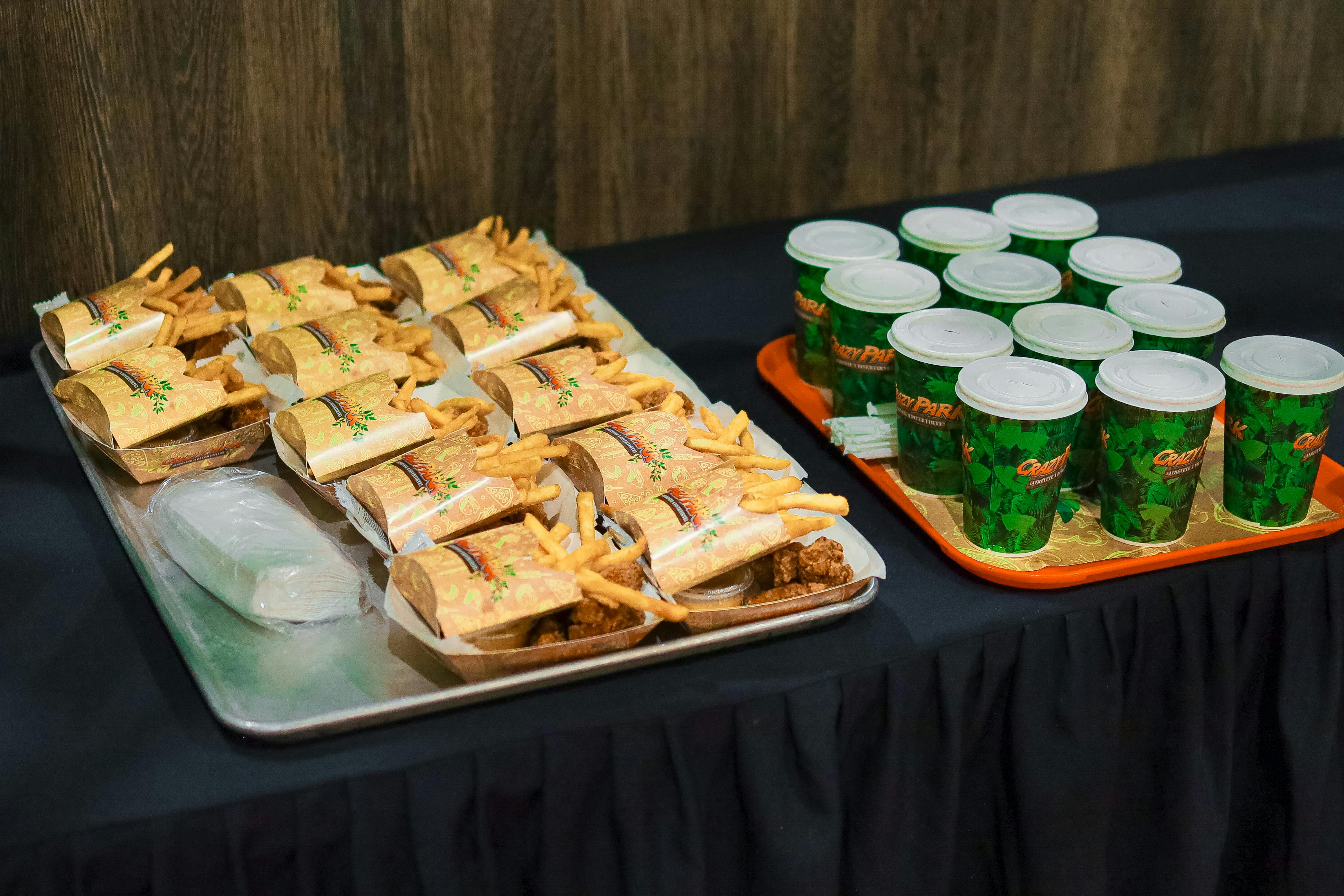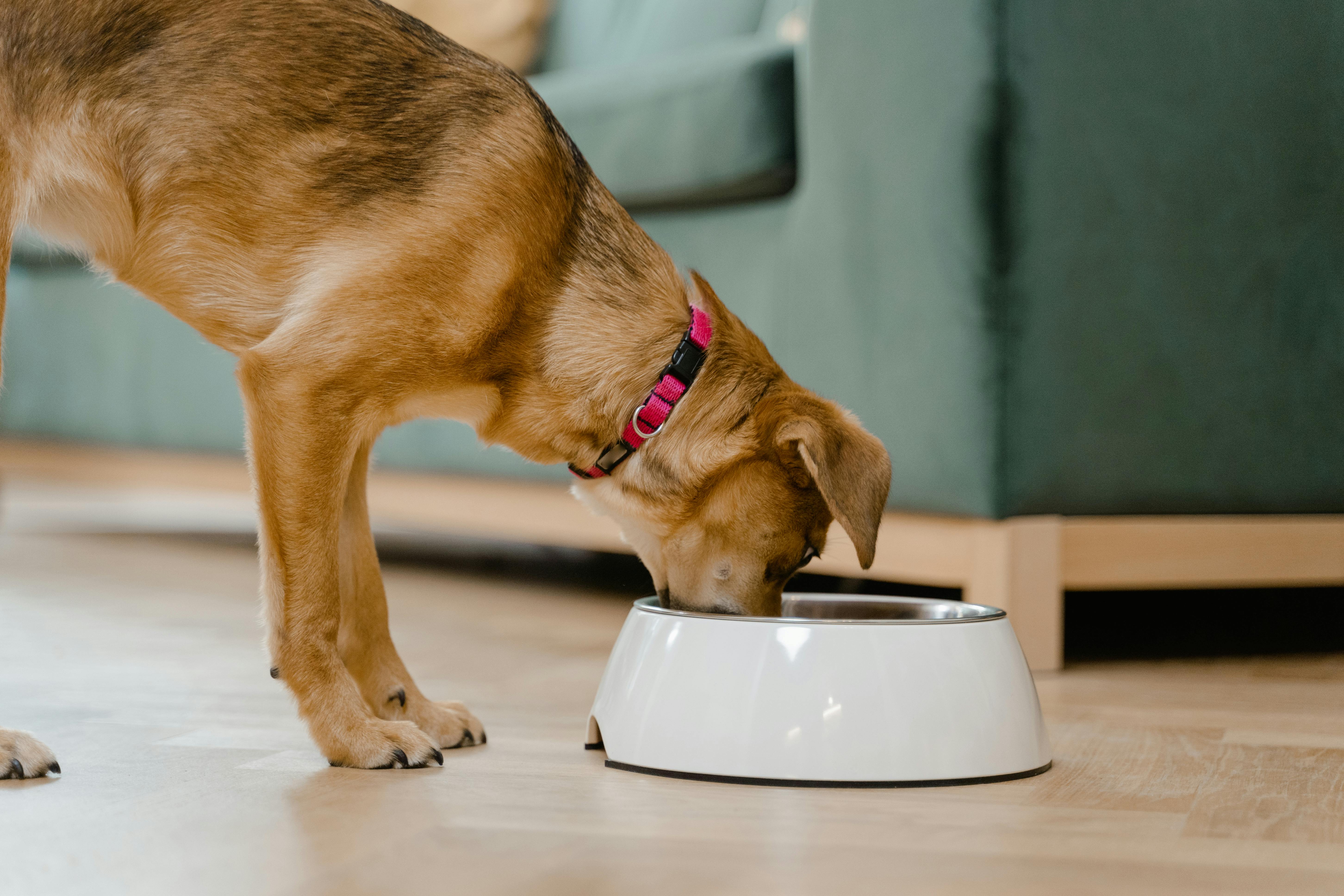Essential Guide to Pet Scan Prep Diet for Better Results in 2025

Essential Guide to Pet Scan Prep Diet for Better Results in 2025
A PET (Positron Emission Tomography) scan is a vital diagnostic tool that provides essential insights into your body’s metabolic processes. Proper preparation, particularly concerning diet, is crucial for achieving optimal imaging results. The pet scan prep diet ensures that your body is in the best possible state for accurate imaging, allowing healthcare professionals to diagnose conditions effectively.
The significance of diet before a PET scan can impact how well the scan elucidates bodily functions. Patients often overlook key aspects such as pet scan diet restrictions, fasting requirements, and the choice of foods consumed leading up to the procedure. This comprehensive guide delves into dietary guidelines, the importance of hydration, and practical eating tips that can enhance your PET scan results.
This article will outline recommended foods, hydration strategies, and essential dietary restrictions to follow prior to your PET scan. Ultimately, our aim is to help you navigate your pre-scan diet with confidence and better understanding. Let's explore how to prepare effectively by outlining everything you need to know!
Understanding Pet Scan Dietary Recommendations
Building on the importance of diet, we'll explore specific pet scan dietary recommendations that can shape how your body metabolizes nutrients before imaging. Intended to minimize factors that might interfere with the scan, these guidelines highlight safe foods and hydration practices.
Essential Foods to Include in Your Diet
Integrating the right foods into your diet can profoundly affect your PET scan. Particularly, foods high in protein and low in carbohydrates can optimize metabolism and reduce glucose levels. Examples of approved foods include:
- Lean meats like chicken and fish
- Eggs
- Leafy greens such as spinach and kale
These options help in sustaining energy without significantly raising blood sugar levels, which is critical for clear imaging results. Furthermore, consuming low-carb foods for PET scan can help maintain stable glucose levels, as elevated sugar can alter scan outcomes.
Foods to Avoid Before Your PET Scan
Equally important is understanding what not to consume. Patients should avoid high-sugar and high-carbohydrate foods, including:
- Sugary treats and sweets (candy, chocolate)
- Starchy foods (bread, pasta, rice)
- Heavy meals and processed foods
These items can spike blood glucose levels, leading to less accurate imaging results. Keeping these foods to avoid before PET scan in mind will make your prep much smoother.
Hydration Importance for PET Imaging
Hydration plays a crucial role in your PET scan preparation. Drinking ample water helps maintain optimal hydration levels, which may prevent issues such as bloating that could interfere with imaging precision. Aim for a consistent intake of water, particularly in the days leading up to your scan, to ensure your body is adequately hydrated.
Pre-Scan Eating Plan and Fasting Requirements
With these dietary guidelines established, let's understand the fasting requirements for a PET scan and how to devise a practical eating plan. Adhering to these will not only enhance your scan quality but also streamline your overall preparation process.
Creating a Pre-Scan Meal Schedule
To prepare effectively, establish a pre-scan eating schedule that aligns with fasting guidelines. Generally, it is recommended to fast for at least 6 hours before your PET scan, depending on your doctor's advice. Your meal timing should look something like this:
- A light breakfast consisting of protein-rich foods
- A moderate lunch, avoiding sugars and carbohydrates
- Fast for at least 6 hours leading to the scan
By structuring your meals, you can mitigate potential dietary interference while optimizing your body's readiness for the scan.
Understanding Nutritional Guidelines for PET Imaging
Your PET scan prep diet does not just revolve around what you eat but extends into how you prepare to intake those foods. It is advisable to calm your digestive system prior to the scan. Focus on consuming moderate portions and avoid heavy meals that may lead to discomfort.
Timing of Hydration and Meals
In addition to your eating schedule, be mindful of when to hydrate. Typically, patients should finish drinking water about 1 to 2 hours before the scan, to avoid any disruption during the imaging process. Proper timing enhances the likelihood of clearer images and effective diagnostics.
Best Practices for Pre-Scan Diet Management
Implementing best practices in managing your diet prior to your PET scan can significantly influence the accuracy of your results. These practices entail maintaining nutritional balance and being conscious of the types of food consumed.
Recognizing the Role of Glucose in PET Scans
The role of glucose cannot be overstated in the context of PET scans. Being aware of how your body metabolizes carbohydrates helps you make informed food choices. The aim is to maintain lower glucose levels to improve scan clarity.
Addressing Common Dietary Mistakes Before PET Scans
Many patients are unaware of critical mistakes made regarding their diet before scans. Common errors include neglecting to fast properly, failing to avoid carbohydrates, or consuming heavy meals. Being educated about these pitfalls fosters better results and potentially contributes to clearer imaging.
Utilizing Nutritional Supplements Wisely
Some may consider using nutritional supplements in preparation for a PET scan. Consult health professionals about safe options and avoid those with sugars or starches. Supplements should ideally support your dietary goals without counteracting your intended dietary adjustments.
Impact of Diet on PET Scan Quality
Understanding the impact of diet on PET scan quality emphasizes the importance of proper preparation. Incorrect dietary choices can lead to misinterpretations of scans, heightening the urgency for patients to follow guidelines thoroughly.
Personalizing Your PET Scan Prep
Personalizing your prep based on individual health conditions, personal food preferences, and medical advice is vital. Collaborate with health professionals, like registered dietitians, for tailored instructions conducive to your health status and dietary needs.
Managing Expectations for Your PET Scan
Realistic expectations regarding your PET scan outcomes hinge on your preparation, especially regarding the diet. Communicate any concerns about your dietary restrictions with your healthcare provider to clarify any uncertainties you may have.
Tips for a Smooth PET Scan Experience
In conclusion, developing a strategic approach to your PET scan prep diet will significantly enhance not only your experience but also the quality of results. Remember to focus on appropriate food choices, hydration, and the timing of your meals as crucial elements in this preparatory process.


Frequently Asked Questions About PET Scan Diet
What should I eat before a PET scan?
Focus on high-protein and low-carb foods, such as chicken, fish, eggs, and leafy greens, while avoiding sugary and high-carb foods.
Why is hydration important before a PET scan?
Maintaining hydration can prevent bloating and assist in clearer imaging by ensuring the body is at optimal operational status during the scan.
How long do I need to fast before my PET scan?
It's typically recommended to fast for at least 6 hours before your scan; however, always follow your healthcare provider's specific instructions.
Can I take medications before a PET scan?
Discuss with your healthcare provider about any medications you’re currently taking, as some may affect your scan results. Follow their advice regarding timing.
What beverages are safe to consume before a PET scan?
Water is considered safe and highly recommended for maintaining hydration levels. Avoid caffeinated beverages and sugary drinks.